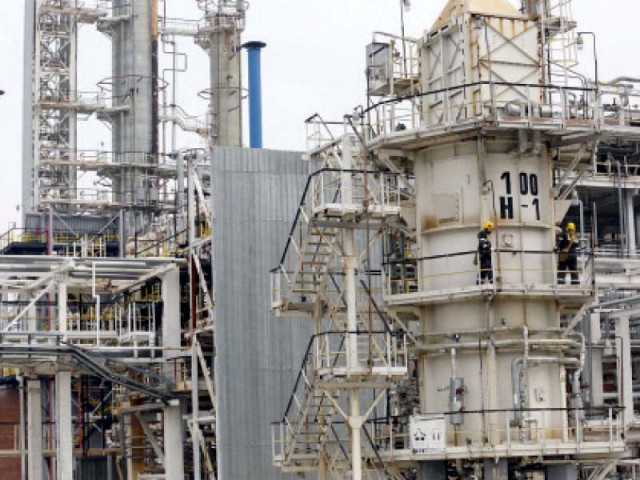Oil prices dip but stay close to $120
Saudi Arabia raised price for Arab Light crude supply to Asia buyers

Oil prices were largely unchanged after choppy trade on Monday, buoyed by Saudi Arabia raising its July crude prices but amid doubts, a higher output target for OPEC+ oil producers would ease tight supply.
Brent crude was up four cents to $119.76 a barrel at 12:22 pm EDT (1622 GMT) after touching an intraday high of $121.95.
US West Texas Intermediate (WTI) crude futures rose eight cents, or 0.1%, to$118.95 a barrel after hitting a three-month high of $120.99. The benchmark fell by $1 earlier in the session.
Saudi Arabia raised the July official selling price (OSP) for its flagship Arab light crude to Asia by $2.10 from June to a $6.50 premium over Oman/Dubai quotes, just off an all-time-high recorded in May when prices hit highs due to worries of disruptions in supplies from Russia.
The price increase followed a decision last week by the Organisation of the Petroleum Exporting Countries and allies, together called OPEC+, to boost output for July and August by 648,000 barrels per day, or 50% more than previously planned, though constraint in global refining capacity has kept prices elevated.
“Crude inputs into the US refineries have been reduced by about 6% from 4-years ago at this time with this reduction associating with a need for less crude cover while contributing to a severe tightness in the gasoline and diesel markets,” said Ritterbusch and Associates in Galena, Illinois President Jim Ritterbusch.
The increased target was spread across all OPEC+ members, however, many of which have little room to increase output and which include Russia, whichfaces Western sanctions.
“With only a handful of... OPEC+ participants with spare capacity, we expect the increase in OPEC+ output to be about 160,000 barrels per day in July and 170,000 bpd in August,” JP Morgan analysts said in a note.
Published in The Express Tribune, June 7th, 2022.
Like Business on Facebook, follow @TribuneBiz on Twitter to stay informed and join in the conversation.



















COMMENTS
Comments are moderated and generally will be posted if they are on-topic and not abusive.
For more information, please see our Comments FAQ